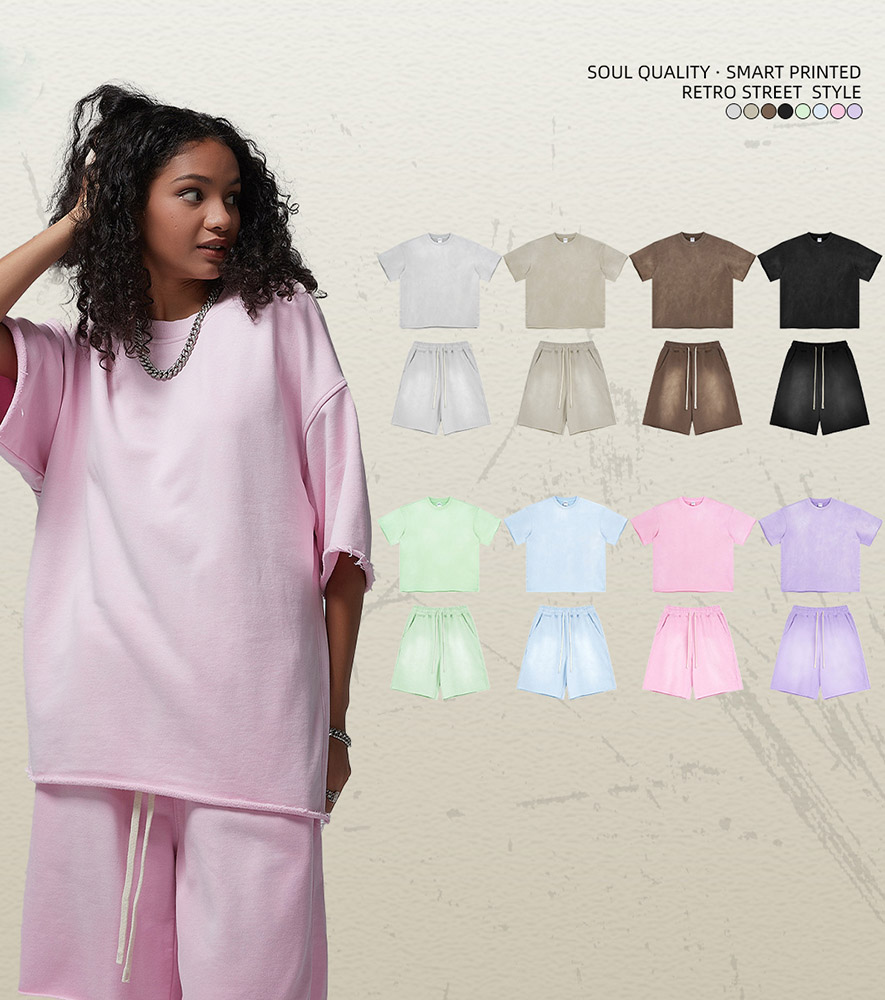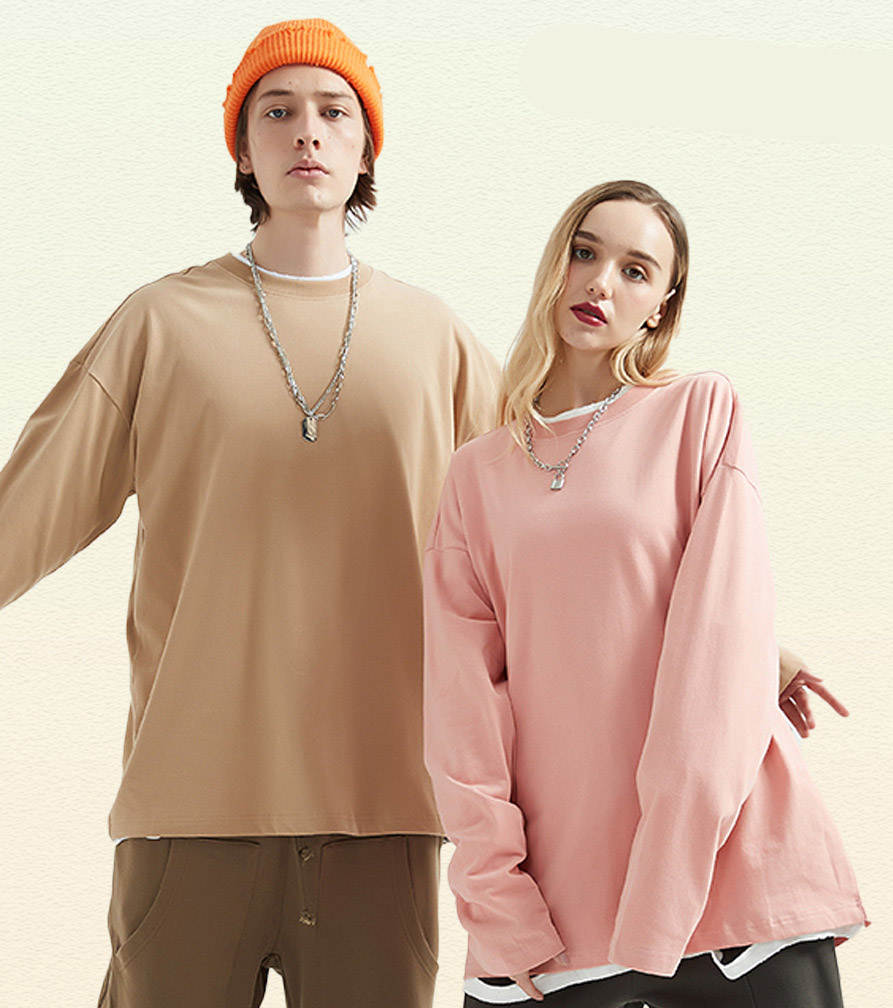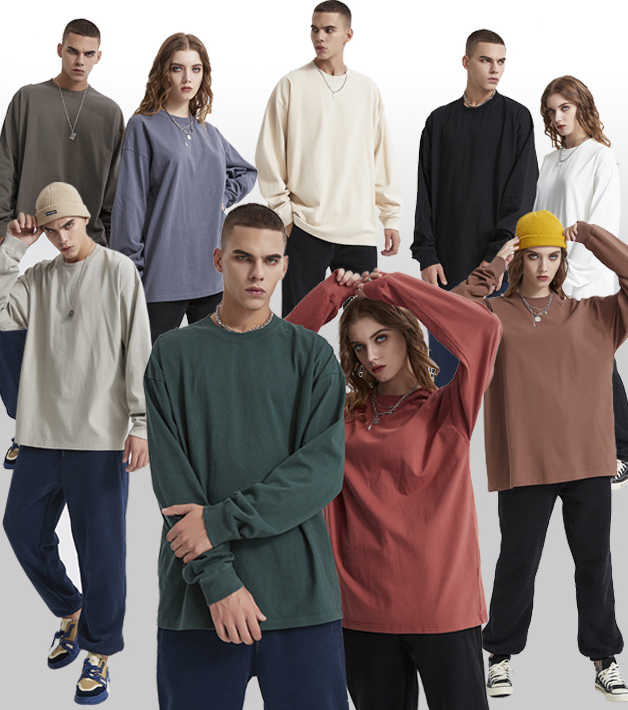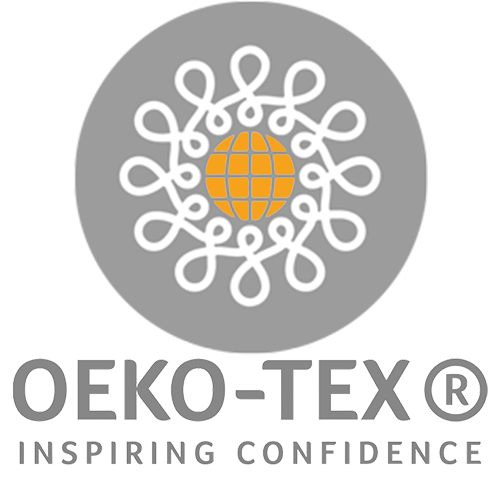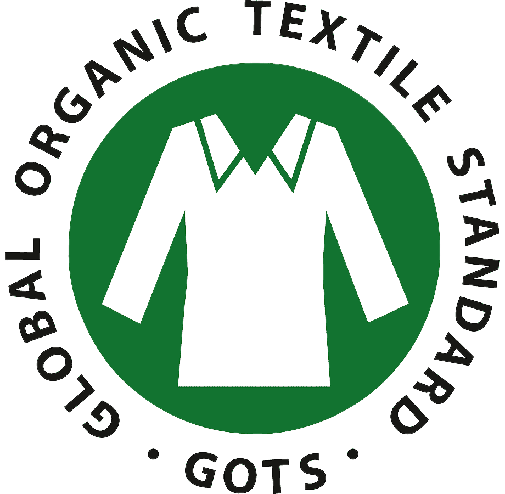Sustainability and ethics are becoming major concerns in the fashion industry. Many consumers are turning to hemp clothing as an eco-friendly alternative, but is it truly ethical?
Yes, hemp clothing is generally considered ethical due to its sustainable farming practices, low environmental impact, and biodegradability. However, ethical concerns can arise depending on labor conditions, certifications, and the transparency of the supply chain.
While hemp fabric has many environmental advantages, ethical clothing goes beyond just sustainability. Let’s explore what makes hemp clothing ethical—or not.

What Makes Clothing Ethical?
Ethical fashion prioritizes people, the planet, and responsible business practices.
Ethical clothing1 is produced with fair wages, safe working conditions, environmentally friendly materials, and a transparent supply chain.
To determine if a garment is ethical, we need to evaluate:
1. Fair Labor Practices
Workers should receive fair wages, safe working environments, and reasonable hours. Ethical brands ensure compliance with labor rights.
2. Environmental Impact
Sustainable materials, minimal water usage, and biodegradable fabrics contribute to ethical fashion. Hemp scores high in this category.
3. Animal Welfare
Ethical clothing avoids harm to animals. Since hemp is plant-based, it’s a great alternative to animal-derived textiles like wool or leather.
4. Transparency and Certifications
Brands that openly share sourcing and production details, along with certifications like Fair Trade and GOTS (Global Organic Textile Standard), are more trustworthy.
| Ethical Factor | Hemp Clothing | Conventional Cotton | Polyester |
|---|---|---|---|
| Sustainable Farming | ✅ Yes | ❌ No | ❌ No |
| Fair Labor Potential | ✅ Yes | ❓ Varies | ❓ Varies |
| Biodegradable | ✅ Yes | ✅ Yes | ❌ No |
| Requires Chemicals | ❌ No | ✅ Yes | ✅ Yes |
Why Is Hemp Considered an Ethical Fabric?
Hemp is one of the most sustainable textiles available.
Hemp is ethical because it grows with minimal water, doesn’t require pesticides, and improves soil health. It’s also biodegradable and reduces waste compared to synthetic fabrics.
Hemp’s ethical advantages include:
1. Minimal Environmental Impact
Hemp grows rapidly and requires 50% less water than cotton. It thrives without harmful pesticides, making it a safer choice for farmers and ecosystems.
2. Carbon Absorption
Hemp absorbs more CO₂ from the atmosphere than most crops. Its cultivation actively fights climate change.
3. Biodegradability
Unlike polyester, which takes centuries to decompose, hemp fabric naturally breaks down, reducing landfill waste.
4. No Harm to Animals
Hemp is entirely plant-based, making it suitable for vegan and cruelty-free fashion.

Are There Ethical Concerns with Hemp Clothing?
Not all hemp clothing is automatically ethical.
While hemp itself is sustainable, ethical concerns arise from unfair labor practices, lack of transparency, and certain chemical treatments used in processing.
Some key ethical concerns include:
1. Unfair Labor Practices
Hemp is largely grown in China, where labor laws are sometimes unclear. Brands without fair trade certification may exploit workers.
2. Chemical Processing
Raw hemp can be rough, so some manufacturers use chemical treatments to soften the fabric. If not regulated, these chemicals can harm workers and the environment.
3. Greenwashing
Some brands market hemp as ethical without proving fair labor conditions or sustainable processing. Certifications help verify authenticity.
How Can You Ensure Your Hemp Clothing Is Ethical?
Being a conscious consumer helps support truly ethical brands.
Look for Fair Trade, organic, and transparent brands that prioritize ethical production and sustainability.
Here’s how to ensure you’re buying ethical hemp clothing:
1. Check for Certifications
Look for third-party certifications such as:
- Fair Trade Certified2 – Ensures fair wages and safe working conditions.
- GOTS (Global Organic Textile Standard) – Verifies organic processing.
- OEKO-TEX Standard 100 – Confirms no harmful chemicals are used.
2. Research the Brand’s Transparency
Ethical brands openly share where their hemp is sourced, who makes their clothes, and how they’re processed.

3. Prioritize Locally Made Hemp Clothing
Hemp garments made closer to home reduce carbon emissions from shipping and are often produced under stricter labor laws.
4. Avoid Blended Fabrics with Synthetics
Some brands mix hemp with polyester, reducing its biodegradability. Pure hemp or hemp-cotton blends are better ethical choices.
| Certification | Purpose |
|---|---|
| Fair Trade | Ensures fair wages and safe labor conditions |
| GOTS | Guarantees organic, chemical-free fabric |
| OEKO-TEX | Confirms no toxic chemicals in textiles |
Is Hemp Clothing More Ethical Than Cotton?
Compared to conventional cotton, hemp is a better ethical choice.
Hemp clothing3 is more ethical than traditional cotton because it requires less water, fewer pesticides, and produces stronger, longer-lasting garments.
Here’s how hemp outperforms cotton in ethical fashion:
1. Water Usage
Hemp needs only a fraction of the water required to grow cotton, making it far more sustainable.
2. Pesticide-Free Growth
Unlike conventional cotton, which is one of the world’s most pesticide-intensive crops, hemp thrives without chemical inputs.
3. Longevity and Waste Reduction
Hemp fabric lasts longer than cotton, reducing the frequency of clothing replacements and minimizing textile waste.
| Factor | Hemp Clothing | Cotton Clothing |
|---|---|---|
| Water Usage | Low | High |
| Pesticide Use | None | High |
| Durability | Very High | Medium |
| Ethical Farming | High | Low |
Does Hemp Clothing Support Ethical Fashion Movements?
Ethical fashion brands are increasingly using hemp.
Many sustainable fashion brands incorporate hemp into their collections due to its eco-friendly and ethical benefits.
Luxury and ethical brands like Patagonia and Stella McCartney have embraced hemp as a key sustainable fabric. This aligns with:
1. Slow Fashion
Hemp’s durability supports slow fashion, which encourages long-lasting, quality clothing over disposable fast fashion.
2. Vegan and Cruelty-Free Movements
Since hemp is plant-based, it’s an excellent alternative to animal-derived fabrics.
3. Fair Trade Initiatives
Some ethical brands ensure their hemp is sourced under fair trade conditions, improving labor standards in textile production.
Conclusion
Hemp clothing is generally ethical due to its sustainable growth, biodegradability, and cruelty-free nature. However, ethical concerns arise when brands lack transparency about labor conditions or use chemical processing. To ensure truly ethical hemp clothing, look for fair trade certifications, sustainable processing methods, and transparent sourcing. By supporting responsible brands, you contribute to a fairer, greener fashion industry.
-
Understanding the principles of ethical clothing can help you choose brands that prioritize sustainability and fair labor practices. ↩
-
Learn about Fair Trade Certified standards to ensure your clothing purchases support fair labor and ethical practices. ↩
-
Explore the ethical advantages of hemp clothing, including sustainability and labor practices, to make informed fashion choices. ↩




